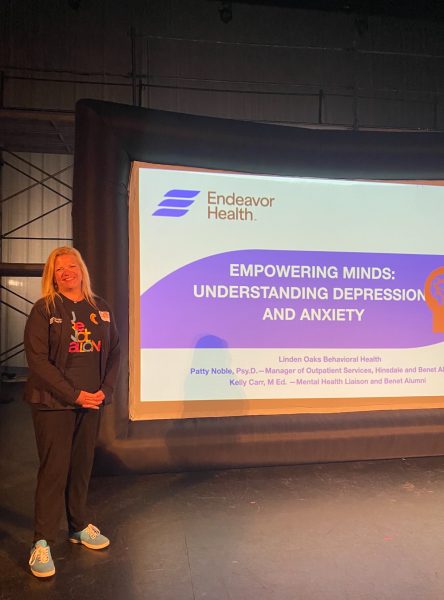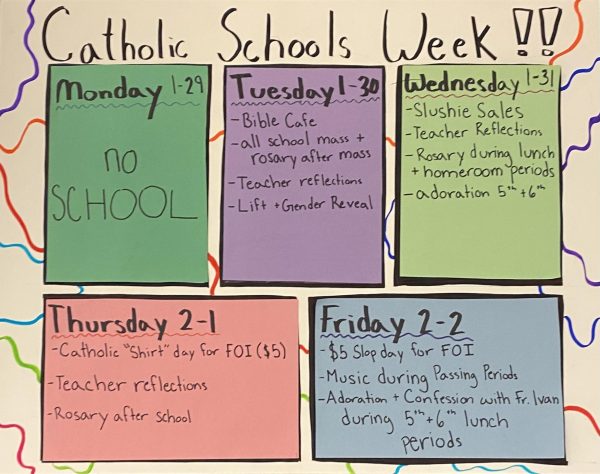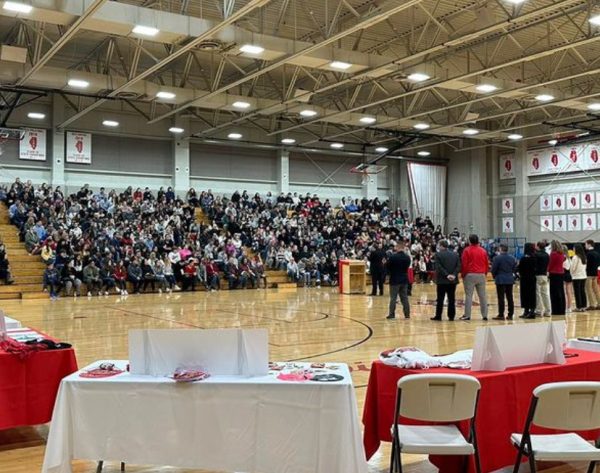Honesty is the Best Policy
“We at Benet believe in honesty and integrity.” These words were proclaimed by Mr. James Brown on the first day of a week dedicated to academic honesty. Academic honesty is behavior that reflects the knowledge of allowable and unallowable activities. Academic dishonesty is cheating. Benet, of course, has zero tolerance for cheating and believes that every student is capable of being honest in his work.
On Tuesday, Ms. Elizabeth Byers told the students, “Your integrity as a person is worth more than a high school test or homework assignment.” She also mentioned how she dislikes seeing intelligent students cheat just to get an A.
Jeff Marek, a Benet senior, spoke on Wednesday about how cheating changes character. He also said that cheating takes the learning out of school. He said that if a student cheats on a test he may possibly get similar questions wrong on the ACT or other important exams.
During Thursday’s talk, Mrs. Amy Wesley, a college counselor at Benet, informed students on the effect of academic dishonesty when applying to college. She said that even though cheating on a small homework assignment or quiz may not affect a student’s grade if caught, cheating and getting caught on a big test or paper may gravely affect his grade.
A guest speaker, former Student Government President of the class of 1997 Sean Morrow, spoke of living under an honor code while at West Point. He said that even if he didn’t get along with his West Point classmates, he trusted them because of the honor they had to uphold.
Academic Honesty Week not only informed students on the negative effects of dishonesty on their grades, but it also informed students on the effect dishonesty can have on their character.








